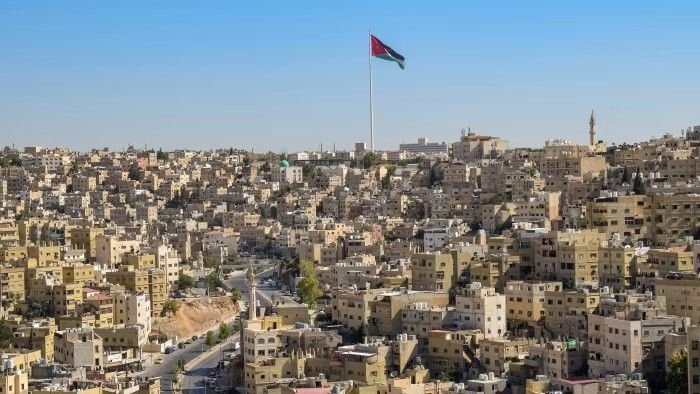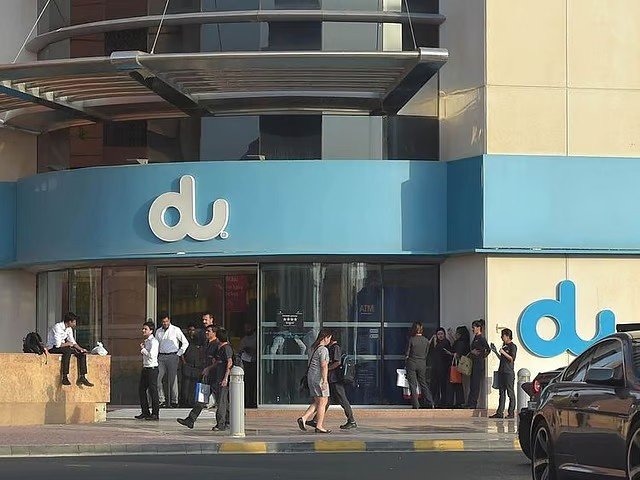Jordan is strategically leveraging its geographic location and political stability to establish itself as a key digital gateway between Asia and Europe, complementing the artificial intelligence (AI) initiatives underway in neighbouring Saudi Arabia. Speaking at the EBRD annual meeting in London on May 13, Mothanna Gharaibeh, Jordan’s Minister of Investment, emphasized the country’s focus on future-facing technologies, including AI, as part of its broader digital transformation agenda.
While the UAE and Saudi Arabia lead the region in AI development through cutting-edge regulations and multibillion-dollar projects such as Saudi’s Humain company—which partners with Amazon Web Services, Nvidia, and AMD—Jordan distinguishes itself through a talent-driven ecosystem. Gharaibeh pointed out that Humain’s CEO is Jordanian and highlighted local firms like Petra Engineering Industries, which supplies HVAC systems to data centres run by NASA, Nvidia, and Google.
Jordan’s advanced digital infrastructure is anchored by projects like the Aqaba Digital Hub, a six-megawatt data centre near the Saudi border. CEO Eyad Abu Khorma noted the hub’s connectivity through five international cables and 150 fibre pairs, enabling robust bi-directional communications. Investments in fibre networks and infrastructure have positioned Jordan with excellent connectivity, though US export controls on AI chips—imposed during the Biden administration—have hindered some ambitions. Recent announcements from the US Department of Commerce indicate easing of these restrictions, which could facilitate Jordan’s AI infrastructure growth.
Situated on the India–Middle East–Europe Economic Corridor (IMEC), a US-led initiative for rail and digital infrastructure, Jordan’s location could bring significant internet traffic and economic benefits. The country’s relative stability in a region marked by conflicts in Egypt, Syria, and Palestine enhances its attractiveness for investment. Despite regional challenges, Jordan posted a 2.5% GDP growth in 2024, outperforming several neighbours, though below the UAE’s 3.8%.
Investment leaders cite Jordan as a “haven for investment” with strong human capital. Foreign direct investment (FDI) inflows reached $843 million in 2023, down from $1.25 billion in 2022 but still favorable compared to some regional peers. The importance of Jordan’s digital gateway role grew after multiple subsea cables in the Red Sea were cut in early 2024, disrupting roughly 25% of internet traffic between Asia, Africa, and Europe. This incident underlined the need for secure terrestrial connectivity routes, with experts identifying Jordan’s geography as ideal for diversification.
However, Jordan faces hurdles such as a 20% tariff on exports to the US despite a free trade agreement since 2001. Prime Minister Jafar Hassan’s April visit to Washington sought to negotiate trade improvements. Gharaibeh remains optimistic about Jordan’s competitiveness, particularly in textiles, due to favorable tariffs compared to other exporters like Cambodia and Bangladesh.















